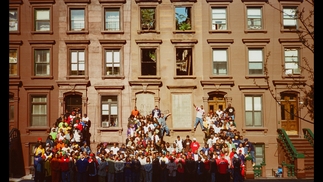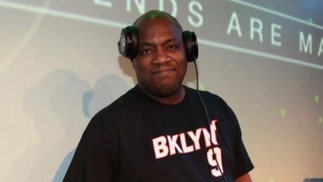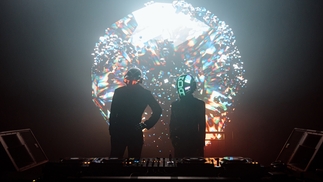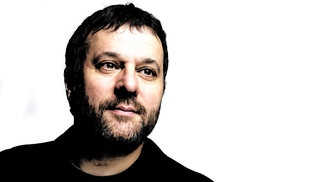New York's Central Park to host 60,000 capacity concert to mark return of events
Most tickets for The Great Lawn spectacular will be free
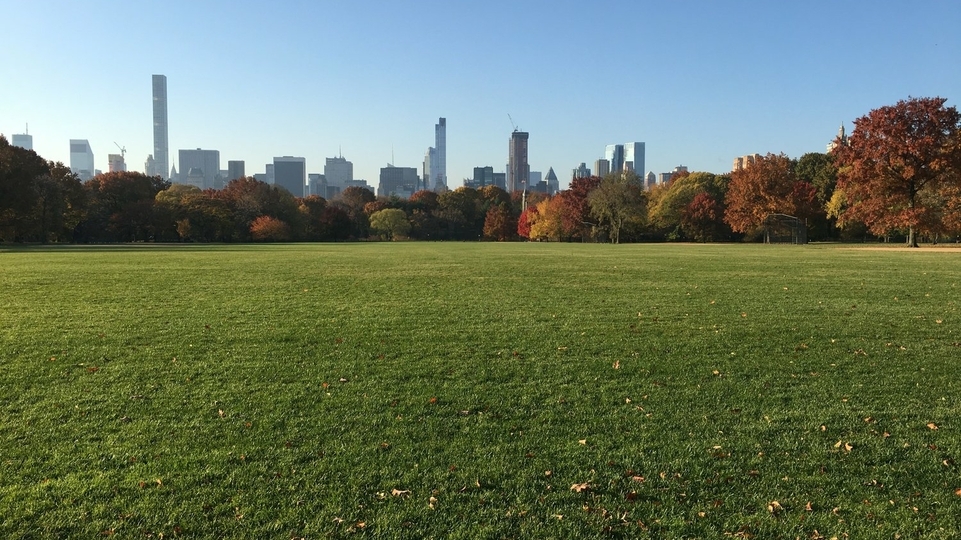
New York's Central Park will host a 60,000 capacity concert to mark the return of events to the city.
Big Apple mayor Bill de Blasio made the announcement, suggesting a potential date of 21st August was realistic and giving the gig a catchy working title, 'The Official NYC Homecoming Concert in Central Park'.
Multinational events powerhouse Live Nation is said to be behind the show, which will take place on The Great Lawn, a 55-acre green expanse. The majority of tickets will be free of charge, with 70% reserved for people who have taken a coronavirus vaccine. Separate sections for those who have not received vaccinations will be available, alongside VIP areas.
No lineup has been revealed, but eight acts are expected to play for a total of three hours. Five-time Grammy Award-winning producer, Rock & Roll Hall of Fame-r (since 2000) and music industry mogul Clive Davis has been handed control, a man who has worked with the likes of Aretha Franklin, Janis Joplin, Bruce Springsteen and Whitney Houston in the last five decades.
"I can't think of a better place than the Great lawn of Central Park to be the place where you say that New York is reopening," Davis told the New York Times. The location has previously been used for landmark dates including the annual Global Citizen Festival and 1981's Simon & Garfunkel reunion concert, attended by 400,000 people. "There's a mental attitude that I think we are all looking forward to. That the future is bright and healthy for this country, for the world and for New York City."
News of the event comes in the wake of venues in the city gaining permission to open at maximum capacity for fully vaccinated audiences following the launch of free and voluntary Excelsior health passes. Using blockchain with high levels of encryption, the app shows if someone is fully immunised from COVID-19 or has recently tested negative, but crucially does not store health data or track the user.
